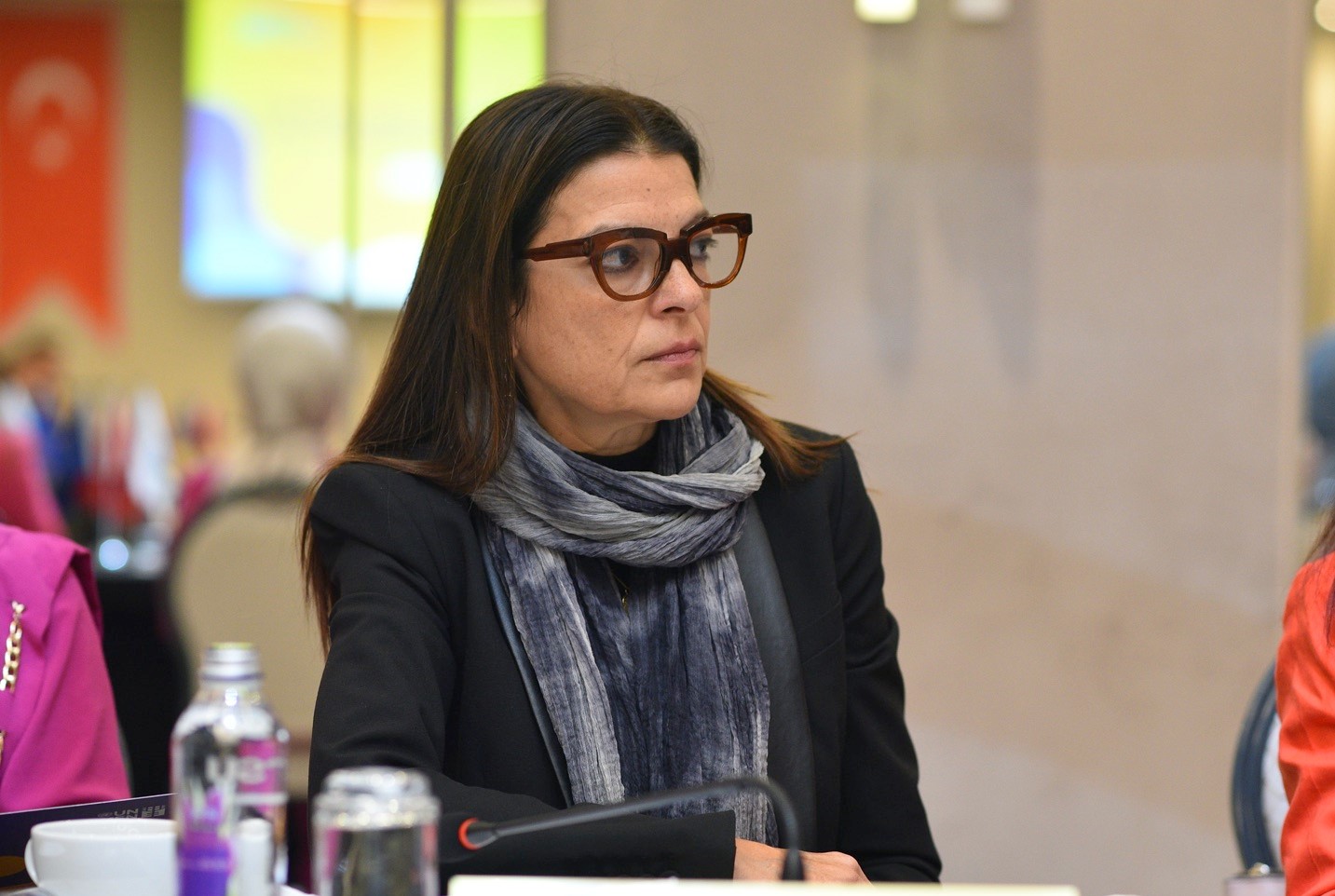Interview: “Investing in the expansion and quality of social care services helps to reduce women’s unpaid work time”
Date:

İpek İlkkaracan is Professor of Economics at Istanbul Technical University and President of the International Association for Feminist Economics (IAFFE). She is also the moderator of the “Policy Dialogue Series on Care Work and Care Economy in the Post-Covid-19 World” organized by UN Women Türkiye under the ‘Strong Civic Space for Gender Equality’ project, funded by the European Union. İlkkaracan shares her insights on the care economy, the unequal sharing of care work and how to achieve a gender-equal care economy.
Would you please elaborate more on the term care economy?
The care economy entails the production of care services necessary for the well-being of people, catering primarily to care-dependent groups such as children, the elderly, ill and disabled. It is made up of the economic sectors entailing both paid and unpaid work. Unpaid care is thought of for the most part as the work involved in household production, but it also entails unpaid work for community care and volunteer work. Paid care sectors entail education, including early childhood education (ECE), health care, long-term care, social services and domestic services.
You have worked with many countries and provided advice for promoting public investment in the care economy. What are the main returns of such investments?
The most important return is, without a doubt, decreasing gender inequalities. Investing in the expansion and quality of social care services sectors helps reduce women’s unpaid work time. Yet feminist economics studies in the last decade also underline other returns, such as poverty reduction, jobs and income generation – not only in the care sector but also in other related sectors. Given its labour intensity, the care services sector has one of the highest employment multipliers, meaning each dollar spent on the sector creates a higher number of jobs than in other sectors, such as for example, physical infrastructure and construction. Furthermore, job creation through social care spending favours women’s employment, as these are female-intensive sectors.
What is the ‘5 R’ approach to care?
The so-called 5R framework was adopted initially as 3R at the UN Commission on the Status of Women in 2014, referring to the need to Recognize, Reduce and Redistribute unpaid work. It was expanded in time to include two elements of the International Labour Organization (ILO)’s decent work agenda: Reward and ensure Representation of care workers. The 5R framework is useful for shaping policy or programme interventions in the care economy, by:
- Recognizing that unpaid work and care work is an important area for policy intervention
- Reducing arduous care work, such as investing in physical infrastructure to reduce the unpaid work time of women, including less-developed settings and rural areas
- Redistributing unpaid care work in the private sphere of household production (unpaid care work) to the public (market) sphere of services (paid care work), as well as between women and men, equally
- Rewarding and ensuring the Representation of care workers who are for the most part underpaid (if not unpaid altogether) and with little say in decision-making.
You developed the policy tool ‘A guide to public investments in the care economy’ under the UN Women-ILO global joint programme ‘Promoting Decent Employment for Women through Inclusive Growth Policies and Investments in Care’. What are your observations about its application to Türkiye’s context?
This policy tool was inspired in part by applied research we undertook in Türkiye in 2014–2015 through a collaboration between the Istanbul Technical University and the Levy Economics Institute in New York. This study, which was supported by UNDP, UN Women and the ILO, focused on the job-generation and poverty-reduction potential of investments in preschool and early childcare and education (ECE) services. The study says that prioritizing lower-income households, such a social investment strategy has the potential to reduce the (income) poverty rate in Türkiye by as much as 2.5 percentage points. Eventually, the policy tool ‘A guide to public investments in the care economy’ showed that closing care services coverage gaps in ECE, primary and secondary education, health care and long-term care in Türkiye requires an expenditure of approximately 3.5 per cent of GDP. This has the potential to create as many as 2.8 million jobs.
What is your message to civil society organizations and women’s rights activists working in this field?
We need to expand our thinking about care. The care economy is a crucial area of intervention not only for reducing gender inequalities, but also for facilitating inclusive, sustainable and resilient economies. This is what I call a “purple economy” complementing a green economy.
We need an approach where care is addressed as a public good, through universal care services. But the expansion of quality services by itself is not sufficient. Inevitably, an important part of care work will be undertaken as unpaid (solidarity) work in the household and community. Yet a truly caring society is possible only when the responsibility is shared between women and men, equally. To that end, policies such as labour market regulation for decent jobs and work-life balance also constitute crucial areas of intervention.